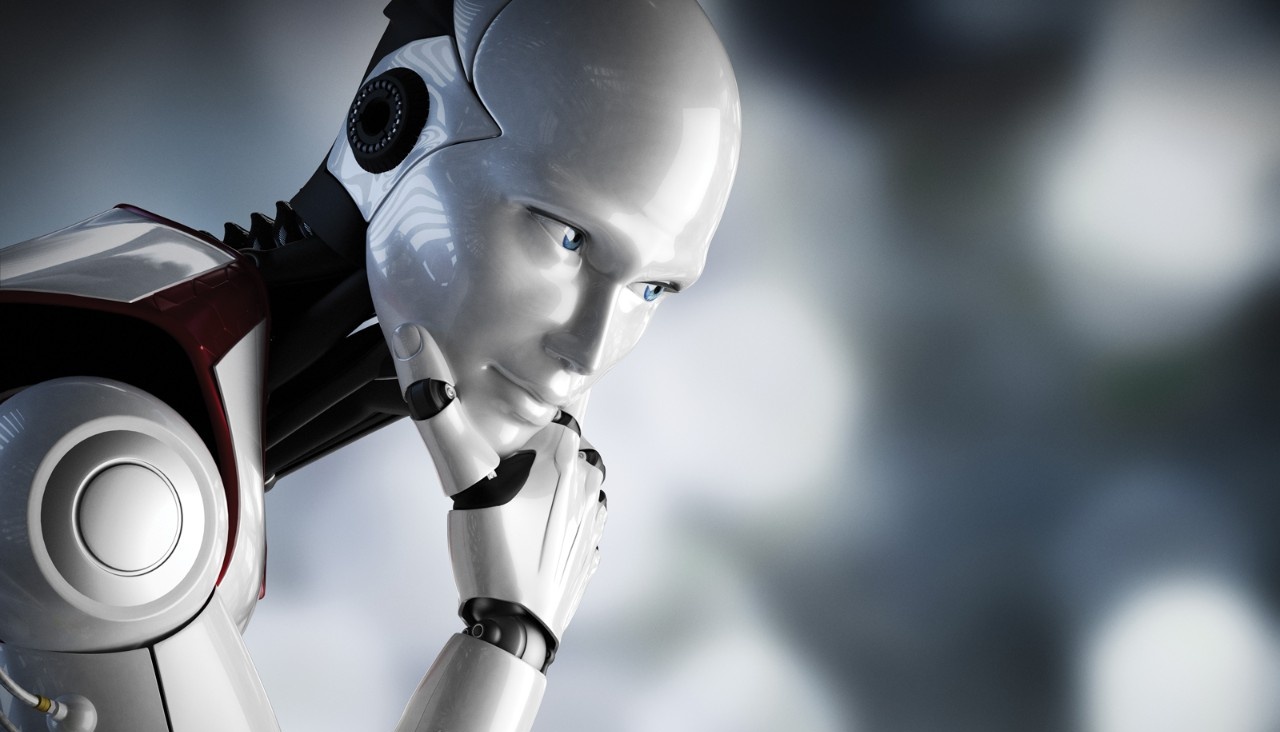 |
| Watson, between artificial intelligence and Skynet |
When, on May 11, 1997, Deep Blue was able to defeat Garry Kasparov to chess, many began to look at computers differently. The feeling of unease was mitigated by some nuances: the victory had been tightened (two wins, one defeat and three boards), the fact that IBM did not accept a new game requested by the Russian champion and decided to disassemble the machine, or the That the excellence of the same was reduced to a reduced scope of the human intelligence like the one of the chess made that many considered that to that of the artificial intelligence still lacked a few boils.
In 2011, a new development of IBM, Watson, defeated in Jeopardy! To the two best players of all time in that contest, and many began to shuffle the idea that a machine could be better than humans in a game involving not only knowledge, but also intelligence when it comes to Interpret questions and answers made in a given context. Watson's victory this time not only did not admit of nuances, but had taken place in the presence of limitations as powerful as the fact of being disconnected from the internet, operating only with the information in his memory.
Last January, IBM installed a Ratsselaer Polytechnic Institute at a private university in New York, a Watson-like machine with access to a huge 15TB database, with the idea of equipping the machine with new skills and preparing it for its Development in new industries. At the moment, it is being experimented in areas such as finance, information technology, business analytics or medicine, in which access and instant analysis of a vast amount of documentation that would be completely impossible for any human to process allows The resolution of complex scenarios subject to a multitude of constraints. To get an idea, you can watch this video of IBM on a hypothetical application of Watson to a treatment of a cancer patient:
Indeed, a very significant part of what we call intelligence is linked to the ability to locate relevant information in a very broad database: what Watson is able to do with its massive processing and storage capacity is simply to expand this Ability to almost infinite, as a doctor who had read, understood and memorized everything published in a particular subject and could also remember it almost instantly and with complete precision. Moreover, the machine can even use its own analyzes and previous results as inputs, leading to a concept very similar to that of human learning as such.
The border now moves to a new type of analysis, as "the machine goes to school": that of data that includes, for example, information and context data generated by one or more social networks in real time. What happens when the ability to enter information into Watson's memory becomes virtually unlimited? What happens when we go from feeding Watson in a controlled manner with academic information to doing it with anything that he can find and classify for himself on the internet, not simply real-time data from a particular source or controlled sources, but all kinds of information?
0 comentarios: